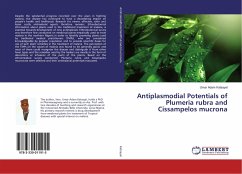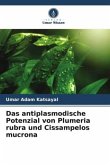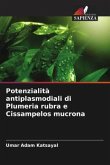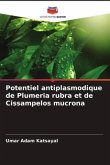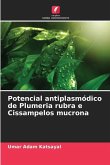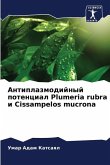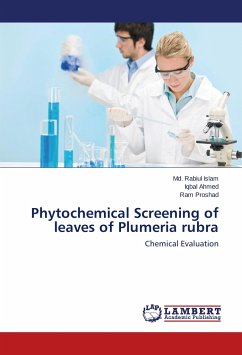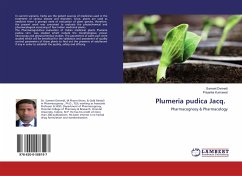Despite the substantial progress recorded over the years in fighting malaria, the disease has continued to have a devastating impact on people's health and livelihoods. Research for newer, effective, safer and lesser costly antimalarial agents therefore remains. Ethnobotanical information about plants used in the traditional treatment of malaria, is essential towards development of new antimalarials. Ethnobotanical survey was therefore first conducted on medicinal plants empirically used to treat malaria in the northern Nigeria in order to identify promising plants used by traditional medical practitioners (TMPs), who are considered knowledgeable by popular reputation and to provide scientific bases for use of such plant remedies in the treatment of malaria. The perception of the TMPs on the causes of malaria was found to be generally good, and most of them could recognize the disease and distinguish it from other fever types and the remedies used by the healers are mostly in theform of decoctions or infusions of the parts of the plants. Based on the ethnomedical survey conducted, Plumeria rubra and Cissampelos mucronata were selected and their antimalarial potentials evaluated.
Bitte wählen Sie Ihr Anliegen aus.
Rechnungen
Retourenschein anfordern
Bestellstatus
Storno

